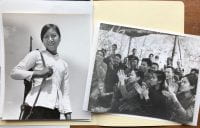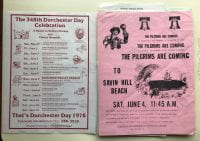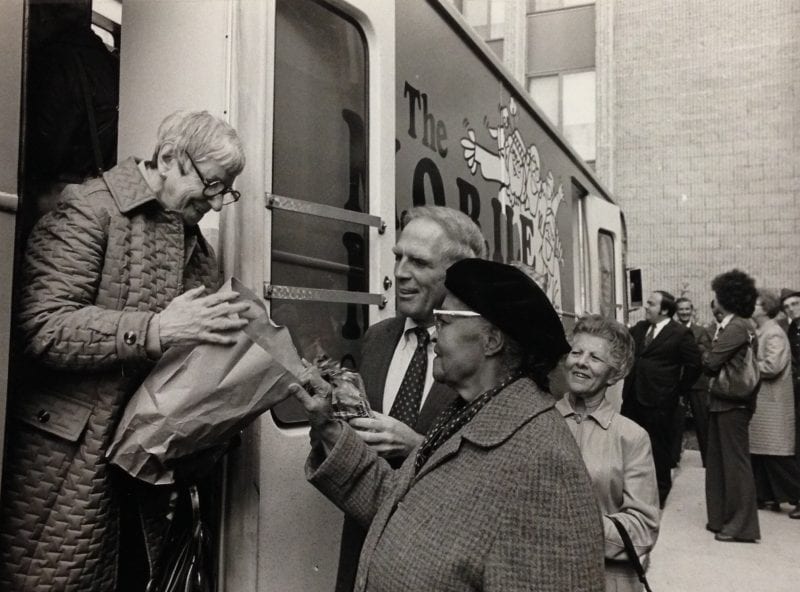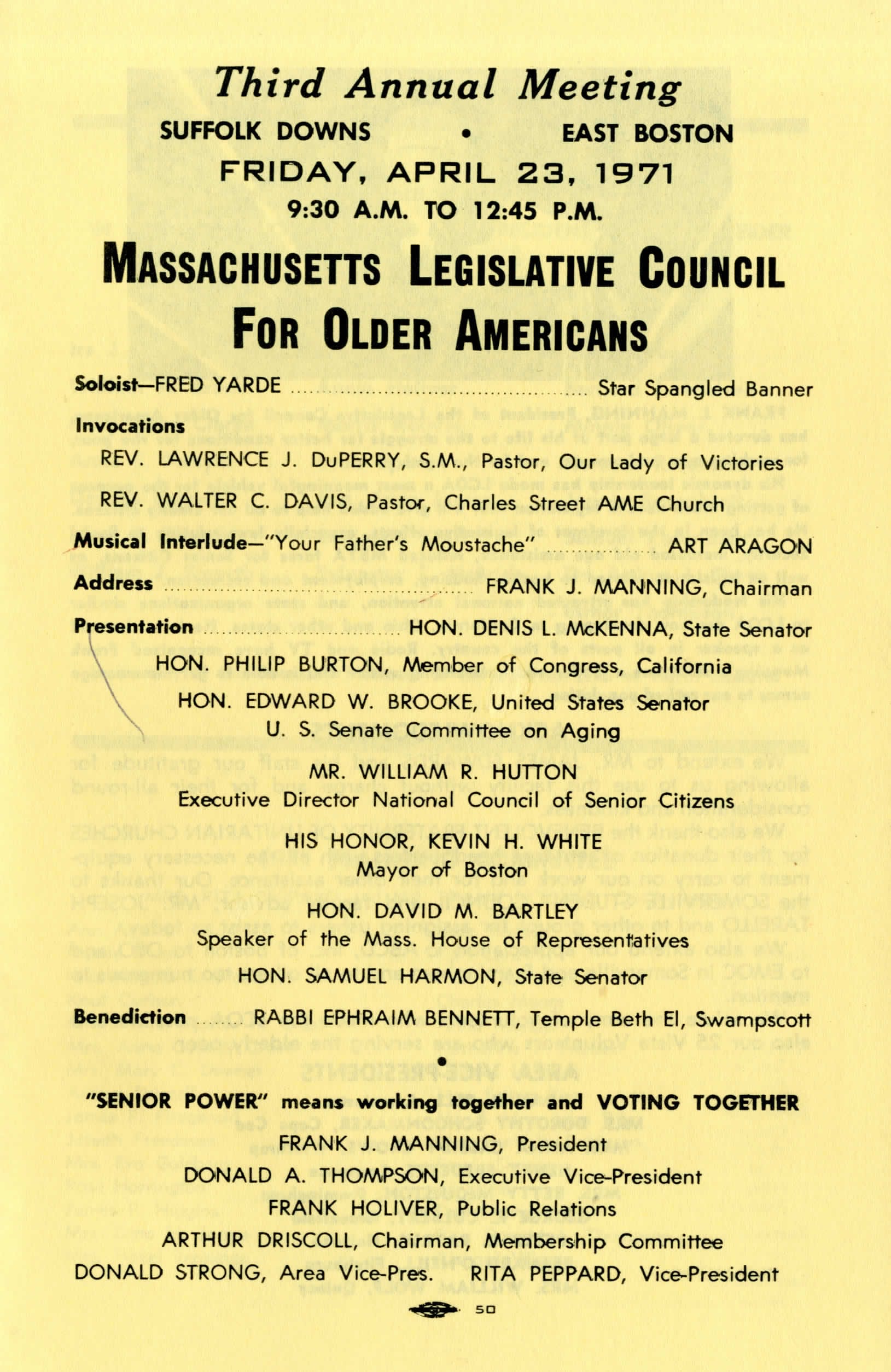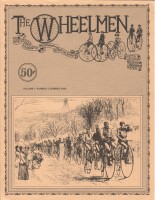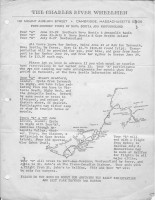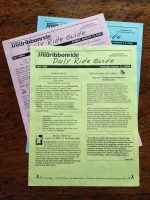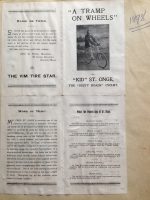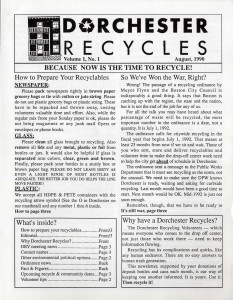University Archives & Special Collections (UASC) in the Joseph P. Healey Library at the University of Massachusetts Boston is pleased to announce that six collections of previously unavailable archival material are now open for research. This is the fifth of a series of posts to announce newly available collections, toward the goal of making all of UASC’s collections, both processed and unprocessed, open for research. Collections that have not been processed, or that are minimally processed, will be made available upon request to researchers in approximately two to three weeks, depending on the size and complexity of the collection. Contact library.archives@umb.edu for more information.
To learn more about the collections that were made available this week, click the collection title in the list below.
- Voice of Women records, 1962-1993: The Voice of Women organization was founded in 1960 to protest the Vietnam War and continued afterwards to advocate for disarmament. The organization collected materials related to other peace organizations in Massachusetts, and members conducted teach-ins, sit-ins, and protests in Newton and Boston. Peak activity was in the 1960s-1970s with women also running the Peace Boutique, a craft and gift shop of peace-related items that also served as a meeting place. These records document the interests and activities of the Voice of Women. Materials consist of reports, correspondence, notes, pamphlets, flyers, newsletters, correspondence, magazines, publications, clippings, and articles. Topics include Vietnam and other countries in conflict, such as Cambodia, as well as disarmament, peace movements, children and women in conflict zones, and American civilian and government official reactions.
- Karen Turner Ho Chi Minh Trail papers, circa 1959-1999: Karen Turner is a historian at the College of the Holy Cross in Worcester, Massachusetts. Her research interest developed during her time in college in the 1970s and focuses on the study of gender and its intersections with violence, particularly in the Vietnam War and published on topics relating to East Asia, and on gender in relation to law and politics.
Karen Turner has made multiple trips to Vietnam and has conducted oral histories with women soldiers from the Vietnam War. These papers collected by Turner document the Ho Chi Minh Trail experience during the Vietnam War. Materials consist of translated manuscripts, photographs, and printouts. The images depict Vietnamese people during the Vietnam War, and the text describes the experiences of people there.
- Coalition for Community Control of Development, 1986-2015: The Coalition for Community Control of Development (CCCD) was a local activist organization in the 1980s and 1990s with the goal of helping communities in Boston create ways to control the development of their neighborhoods. Some of the issues they helped address included tenant advocacy, strategies for helping communities organize, and environmental concerns within neighborhoods. One area of importance in which the CCCD helped communities strategize was how to advocate for or against real estate development. Materials consist of meeting records, articles, correspondence, notes, pamphlets, flyers, clippings, photographs, contact sheets, negatives, and questionnaires on topics relating to the organization, its activities, and the tenants and neighborhoods in Boston.
- Dorchester Day ephemera, 1976-1988: Dorchester Day, also known as Dot Day, has been held since 1904 to celebrate the founding of the town of Dorchester in 1630. Typically held at the end of May through the first week of June, the event includes a parade, reenactment, banquet, road races, a doll carriage and bicycle contest, open house and flea market at Dorchester Historical Society, essay contest, soap box derby, and other events, along with vendors and speakers. The parade route typically begins on Dorchester Avenue at Pierce Square (Lower Mills) and ends at St. Margaret’s Church on Columbia Road and Dorchester Avenue.
These records document the Dorchester Day event’s programming and marketing activities. Materials consist of flyers, clippings and articles, programs, and rosters.
- Monday Evening Club ledgers, 1906-1913: The Monday Evening Club met in Boston, Massachusetts, in the early twentieth century for the purpose of dinners with discussions on topics of interest, usually scientific, approved of by members. Materials consist of two ledgers kept by the secretary, including meeting minutes, both on club business and educational talks, and club information, such as voting in new members, costs of meetings, and officer ballots and voting.
- Peace Action records, circa 1983-1993: Peace Action is a national grassroots organization composed of state and local groups, chapters, and affiliates. Massachusetts Peace Action began in the 1980s as Massachusetts FREEZE, and joined the Boston branch of SANE in 1987 at the same time as the national organization. The Boston chapter participated both on the local and national level in peace campaigns within Massachusetts and national political action towards disarmament and demilitarization under the direction of the organization’s national headquarters in Washington, D.C. Materials consist of meeting minutes, correspondence, publications, flyers, articles, clippings, and other supplementary materials relating to topics relevant to the organization, including nuclear war, military and political policies, demilitarization, disarmament, and other contemporary issues related to their peace-making campaigns.
For questions about these collections or to schedule a research appointment, please contact library.archives@umb.edu or 617-287-5469.
University Archives & Special Collections in the Joseph P. Healey Library at UMass Boston collects materials related to the university’s history, as well as materials that reflect the institution’s urban mission and strong support of community service, notably in collections of records of urban planning, social welfare, social action, alternative movements, community organizations, and local history related to neighboring communities.
University Archives & Special Collections welcomes inquiries from individuals, organizations, and businesses interested in donating materials of an archival nature that that fit within our collecting policy. These include manuscripts, documents, organizational archives, collections of photographs, unique publications, and audio and video media. For more information about donating to University Archives & Special Collections, click here or email library.archives@umb.edu.
